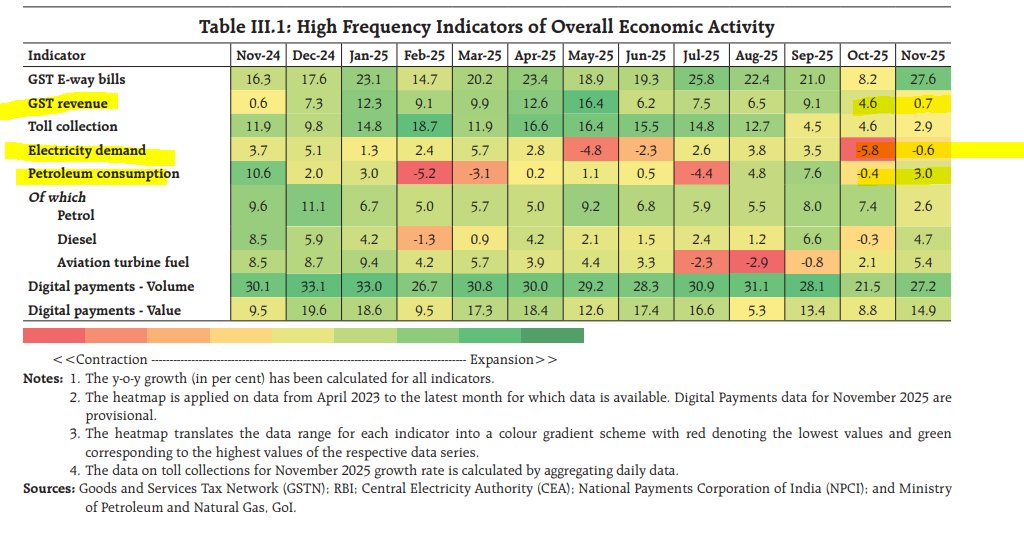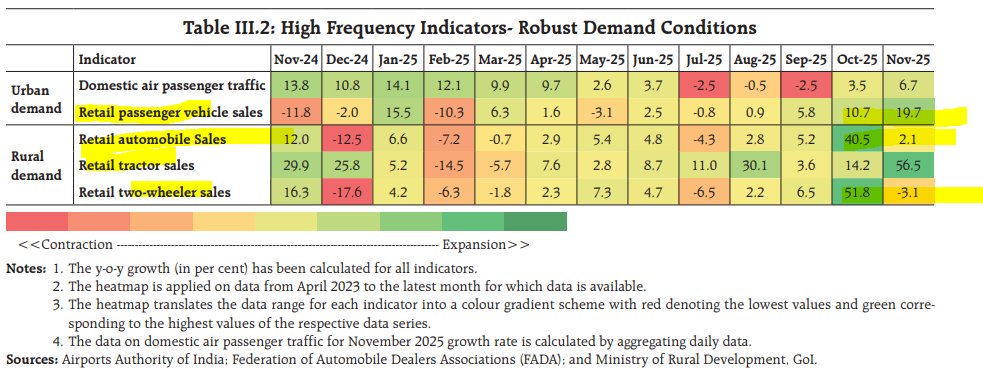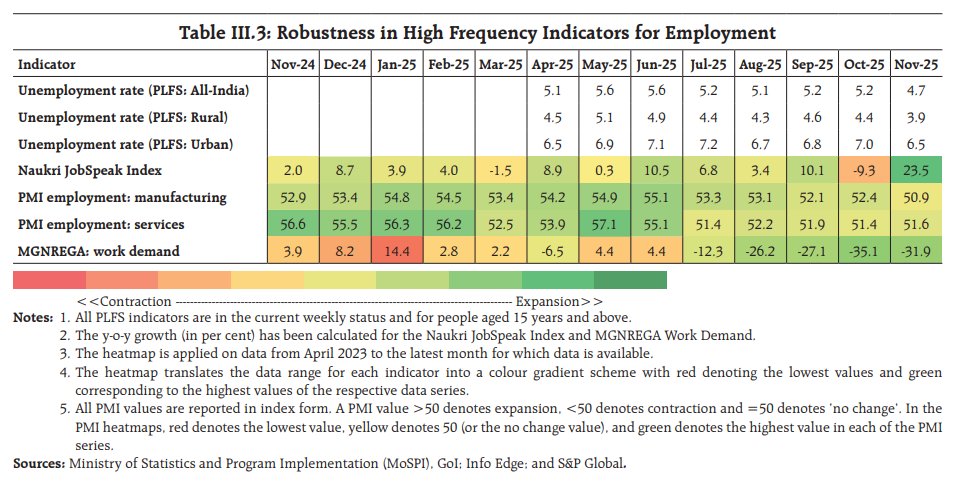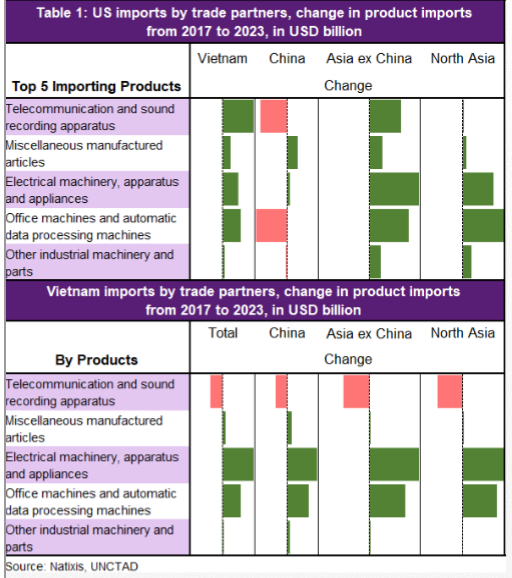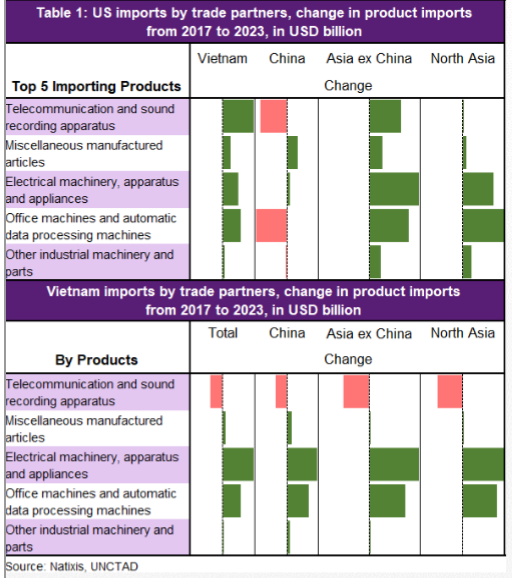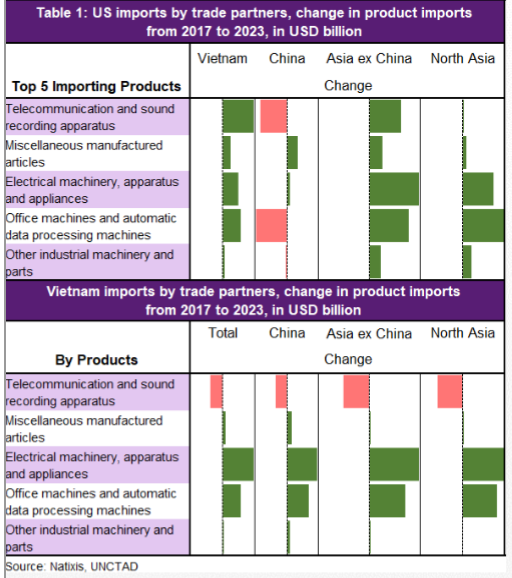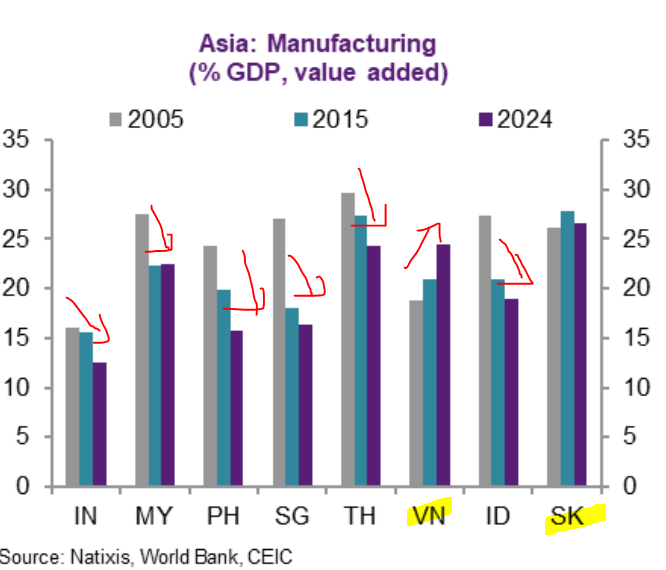Why do we judge gender equality by certain jobs that we deem more useful to society than others (banking vs teaching or nursing vs being a mom? Women & men start out the same if not women ahead in men in college enrolment but then diverge as they choose diff majors & life choices
https://twitter.com/GitaGopinath/status/1307008249749745665
From my experience in universities & working, women choose what they like & not forced to focus on more “relationship oriented” education & career choices.
They tend to focus on the humanities & for those that actually enter professions that are more # based, leave b/c...
They tend to focus on the humanities & for those that actually enter professions that are more # based, leave b/c...
Only 9% of the nursing population is male & it is a female dominated profession by a ratio of 91%.
In teaching, women make up 76% of total.
Of course these are not economically rewarding jobs but they are socially very rewarding & noble.
In teaching, women make up 76% of total.
Of course these are not economically rewarding jobs but they are socially very rewarding & noble.
Why do women choose these jobs? For various reasons but likely because of biological differences between men and women that dictate them to value relationships more (teaching allows you to have the same schedule as ur children & a very meaningful profession).
Whereas banking?
Whereas banking?
In banking, many graduates of banks start out with a relatively decent gender ratios. By this I mean not retail banking but investment banking. But the long hours & the grueling aspect of it require a certain type of people to persist. Some do. For for many women, they leave. Why
For one, they probably don't enjoy the material (monetary + status) aspect of it as much as men & care more about the relationship aspect, as in will I be able to spend time with my family & if I choose to have one I'd have to have children (pregnancy, post birth & raising kids).
Most women that I know that succeed in high-level jobs have supportive husbands that take up the other half of child rearing etc because someone has got to do it. If u are career driven, u marry someone who is complimentary.
Or they don't have kids or even a partner b/c well...
Or they don't have kids or even a partner b/c well...
None of these choices are good or bad. But if I believe that a woman that wants it all (material things like money & status as well as relationship such as a husband & children & friends) would have to make wise choices so that she can have the support system to be female & hunt.
But we forget that not all women want to hunt & compete in a very aggressive environment & want to just select a mate that would do that for them & then focus on the one job that makes them indispensable: being a mother.
And we shouldn't judge them. That's what they want & like.
And we shouldn't judge them. That's what they want & like.
In most banks/organizations, u don't see female MDs/head b/c of many reasons but include:
*Women, even if good & success at their job, choose to leave to have jobs that allow them to be both a caregiver & also a career
*Women decide that they don't like reward/costs not worth it.
*Women, even if good & success at their job, choose to leave to have jobs that allow them to be both a caregiver & also a career
*Women decide that they don't like reward/costs not worth it.
Career women face different choices than men: She has to decide whether she wants kids & if so must find a mate & have children & that takes time through the biological process.
Even w/ a support spouse (say stay at home husband), only women can give birth so she still needs to.
Even w/ a support spouse (say stay at home husband), only women can give birth so she still needs to.
That means she faces the biological constraint even if she has the same set up as a man (a spouse that is supportive & will do the caregiving) because she has to carry the baby to term, make sure the baby survives before she can pass it off to her partner.
A man doesn't do that.
A man doesn't do that.
Companies are increasingly better at accommodating this biological fact as they want more women represented because, let's be honest, we think more holistically & are very good analysts of risks & rewards.
Offer maternity leave & even flexible work schedules. Things improving.
Offer maternity leave & even flexible work schedules. Things improving.
Women will be more represented in professions that were more difficult for women to have it all than before.
That said, a woman sees the world slightly different than a man because she has to make choices much earlier based on her understanding of herself & needs.
And...
That said, a woman sees the world slightly different than a man because she has to make choices much earlier based on her understanding of herself & needs.
And...
Should she upon reflection of her skills, desire, ambition & tolerance of hunting choose to have a life where she wants to teach & have children & spend a lot of time with them, then we shouldn't expect her to be a man.
This is my problem w/ feminism. They want women to be men.
This is my problem w/ feminism. They want women to be men.
Look, at some point, our career will peak. My take is it is either in our 30s, 40s, or 50s. Perhaps some peak at 60s.
Either way, you are expected to retire and so when that happens whether u were a central banker or not wouldn't matter but your investment in your relationships
Either way, you are expected to retire and so when that happens whether u were a central banker or not wouldn't matter but your investment in your relationships
Do we judge a human based on monetary & status or the impact they have left behind to others?
Women live longer than men?
Women do because we value the things that matter & invest in them: relationships & communication.
We don't make poor choices, we're just not men.
Women live longer than men?
Women do because we value the things that matter & invest in them: relationships & communication.
We don't make poor choices, we're just not men.
Btw, women shouldn't try to be men. We are fine as we are. But if we want to have it all like we think that men do (a successful career w/ plenty of $, status, respect & power, a family (spouse, kids etc), then we need to be smart.
Have a partner that supports & wants the same!
Have a partner that supports & wants the same!
Did you know that teaching used to be a male dominated profession? It was considered a stepping stone for a greater career in the law or the church until the 19th century.
The introduction of Common School (pre public school) required more workers beyond male & so women joined.
The introduction of Common School (pre public school) required more workers beyond male & so women joined.
Here is an interesting fact regarding teaching, which is a female dominated profession:
76% of teachers are women & 54.2% of principals but only 24% of them are superintendents.
Why the gap even in a profession that is dominated by women?
76% of teachers are women & 54.2% of principals but only 24% of them are superintendents.
Why the gap even in a profession that is dominated by women?
People say women simply are not applying for the high-pressure but highly compensated job.
Unconscious bias on the part of those who make hiring decisions, a lack of a strong candidate pipeline, & a paucity of female role models & networking opportunities surface as reasons
So?
Unconscious bias on the part of those who make hiring decisions, a lack of a strong candidate pipeline, & a paucity of female role models & networking opportunities surface as reasons
So?
To become a superintendents, you must apply & women don't apply if they don't meet the qualification 100% while men would at 60%.
Got an issue of good candidates not applying. The 2nd issue is the road to become a superintendent is very, well, long & competitive & require focus.
Got an issue of good candidates not applying. The 2nd issue is the road to become a superintendent is very, well, long & competitive & require focus.
Profile of a superintendent: like a graduate degree in education (MA or PhD), former principal (preferably at a middle or HS not elementary school) & assistant superintendent.
Then u have to apply for the job to get the job. Along the way, somehow, only 24% of women are there.
Then u have to apply for the job to get the job. Along the way, somehow, only 24% of women are there.
Stats on principals (prequisite to be a superintendent:
68% women in elementary school
40% women in middle school
33% women in HS.
The Gate Foundation funds an effort to raise this ratio & they focus primarily on getting women to apply for the job (many don't) & some progress.
68% women in elementary school
40% women in middle school
33% women in HS.
The Gate Foundation funds an effort to raise this ratio & they focus primarily on getting women to apply for the job (many don't) & some progress.
The ratio of women applying for the superintendent job if they don't quality has risen. Here are some fun facts about women superintendents: they are more likely than men to have children in school. Diff b/n a teacher & a superintendent is salary + influence (individual v system)
Lower gender ratio of women in a field that we dominate highlights:
*Top jobs require singular focus on career (yrs of education to the graduate level + sticking around/focused to get the top job in ur profession)
*Women that make it have support system (spouse, mentor)& apply.
*Top jobs require singular focus on career (yrs of education to the graduate level + sticking around/focused to get the top job in ur profession)
*Women that make it have support system (spouse, mentor)& apply.
This article has a great video of 6 women that made it & what it takes to have the top job (a lot). The key pt they make here is having a mentor (someone to help guide & strategize career path) & focus, as is wanting & doing what it takes to be there.
usatoday.com/story/news/edu…
usatoday.com/story/news/edu…
Btw, just because men make it to the top jobs doesn't mean that MOST MEN do.
By definition, a top job = extremely competitive & few. So most men don't make it.
The US has 44 male presidents so only 44 men made it to the top job. They don't represent the average man in the US.
By definition, a top job = extremely competitive & few. So most men don't make it.
The US has 44 male presidents so only 44 men made it to the top job. They don't represent the average man in the US.
If you only look at the gender ratios at the top & miss the gender ratio on average, then we are also skewing the discussion of gender equality.
What we mean is gender equality at the top & not true gender equality of outcome b/c an average man is likely worse off than women.
What we mean is gender equality at the top & not true gender equality of outcome b/c an average man is likely worse off than women.
According to the WHO, "Women generally live longer than males – on average by 6-8 yrs. This difference is partly due to an inherent biological advantage for the female, but it reflects behavioural differences between men & women."
All of this is dependent on how u benchmark.
All of this is dependent on how u benchmark.
• • •
Missing some Tweet in this thread? You can try to
force a refresh


